The race is on in China to find a replacement for lithium-ion batteries, the prevailing type used in electric vehicles today, with ex-Great Wall Motors subsidiary Svolt launching a new cobalt-free type.
The Svolt battery is a new type of lithium cell using nickel and manganese (shortened to NMX), and was developed with the objective of removing the expensive, limited and controversially sourced cobalt from the supply chain.
The batteries are planned to replace standard lithium-ion batteries which Svolt currently supplies to the Chinese market, as well as its large customer base in Europe.
For the record, batteries which are commonly referred to as ‘lithium-ion’ are predominantly lithium nickel manganese cobalt oxide (NMC) cells, with this new battery type specifically removing the cobalt component.
The batteries are said not just to be more sustainable but roughly five per cent more affordable than traditional cells thanks to a higher percentage of more affordable materials used. Svolt had to overcome issues with cycle ageing (batteries losing charge capacity and voltage as they get older) to make the batteries appropriate for large-scale use in EVs.
.jpg)
The new battery type will launch in Ora products from Great Wall Motors first, although Svolt has large-scale expansion plans in Europe, with a big deal in place to supply batteries for Stellantis products (Peugeot, Citroen, Jeep, etc).
The news comes as rival Chinese battery supplier CATL launches another new and more dramatically different battery type, sodium-ion (Nd+). The sodium-ion battery has a lower energy density than the common lithium-ion type, but it charges much faster and is also able to retain its charge at a wider range of temperature extremes, whilst also reducing reliance on rare and expensive materials. It is also rivalled by cobalt-free lithium iron phosphate (LFP) batteries built by BYD.
Time will tell if these battery types are able to challenge the prevailing type used in most EVs. Traditional lithium-ion batteries have had many advantages for use in electric vehicles thus far: they have a relatively high energy density, are based on the learnings from widely developed consumer electronics and have high voltages. However, they also come with significant drawbacks.
One of the main ones is that their construction relies on use of the rare earth metal cobalt – the majority of which comes from mines in the Congo, many of which have dubious human rights records. This is an ongoing dilemma for many of the world’s automakers – particularly in Europe who wish to make their supply chains ethical.
.jpg)
Lithium-ion batteries are also expensive to build, one of the main reasons for high prices in electric vehicles, and they are also vulnerable to temperature extremes.
It has also been suggested an ulterior motive for Chinese manufacturers to move away from traditional lithium-ion cells is to reduce reliance on global supply chains and resources which cannot be obtained inside China.
Svolt is constructing a new $AU3.2 billion battery plant in Europe to supply Stellantis and other European auto groups and is primarily rivalled by CATL and BYD inside China, as well as South Korean industry monolith LG Chem and Japanese giant Panasonic.





.jpg)
.jpg)

.jpg)
.jpg)


.jpg)
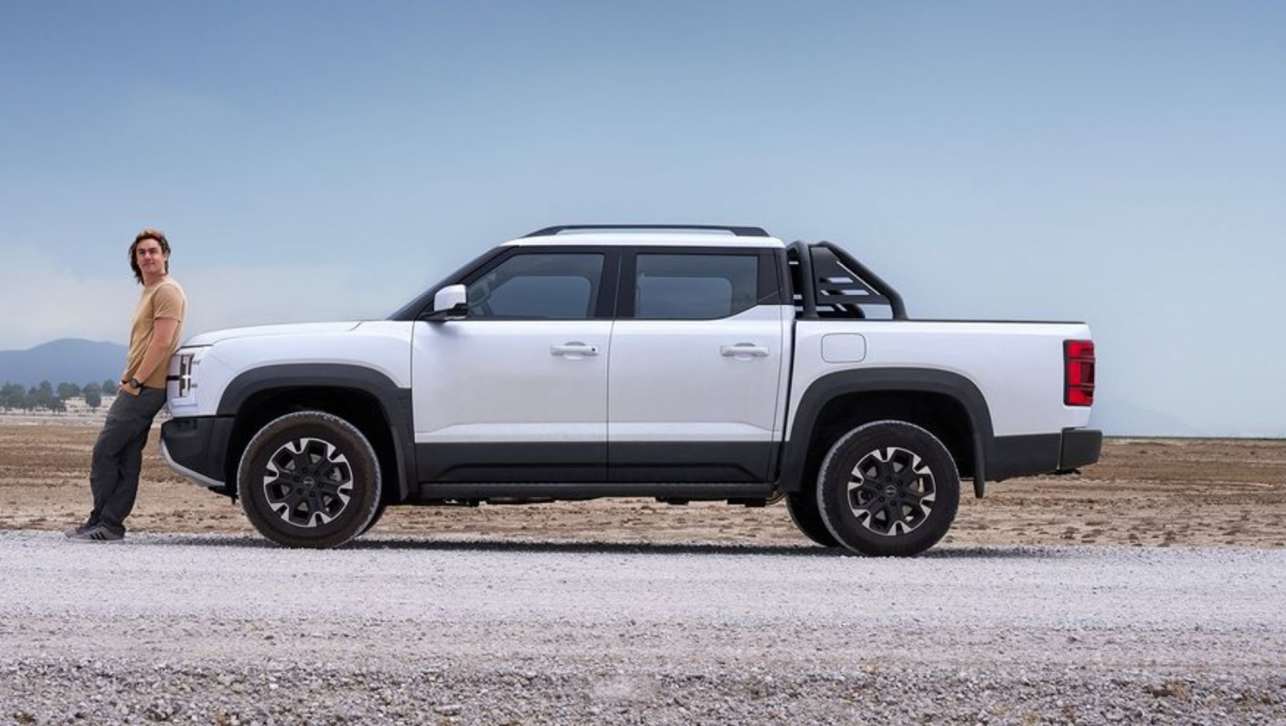
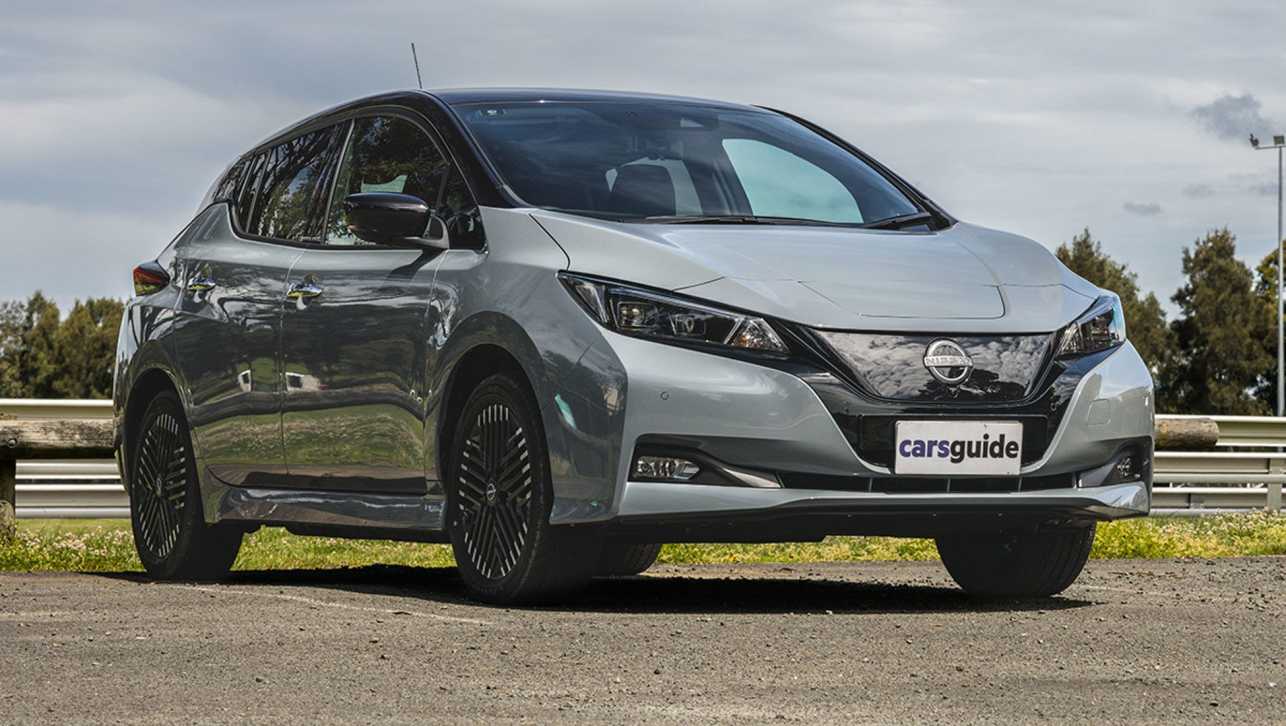
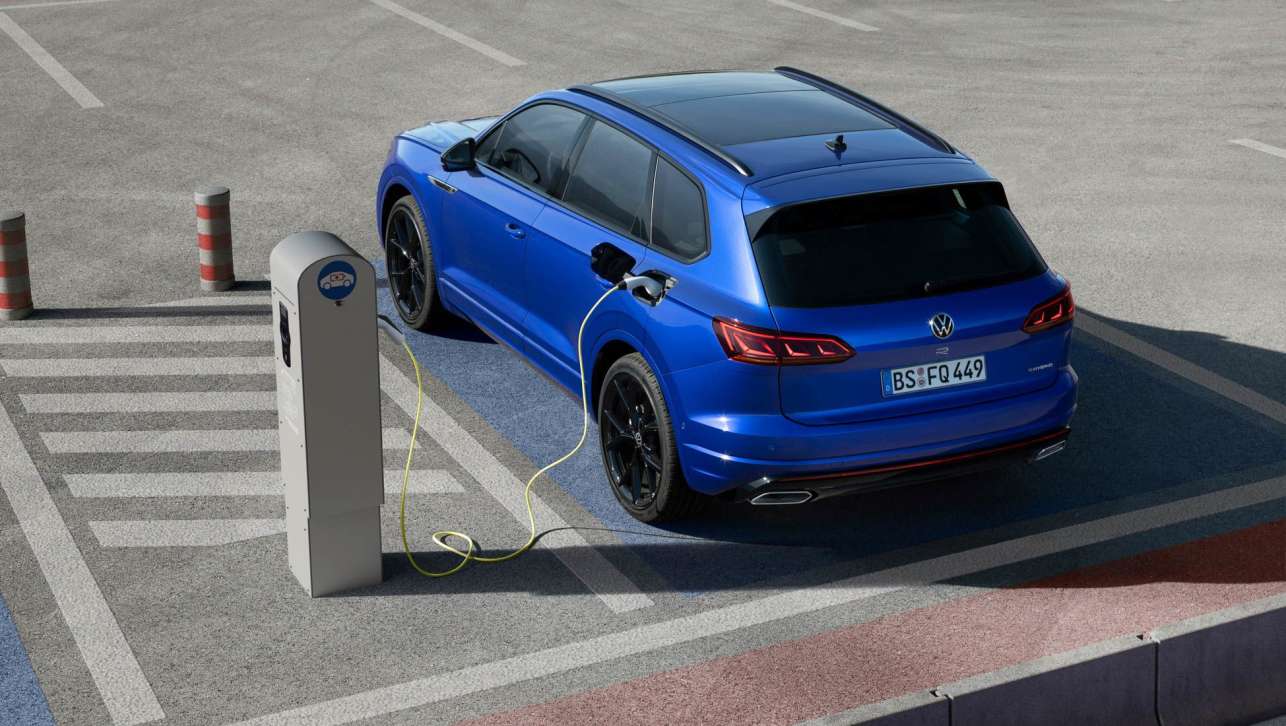
.jpg)
.jpg)
.jpg)
.jpg)
.jpg)
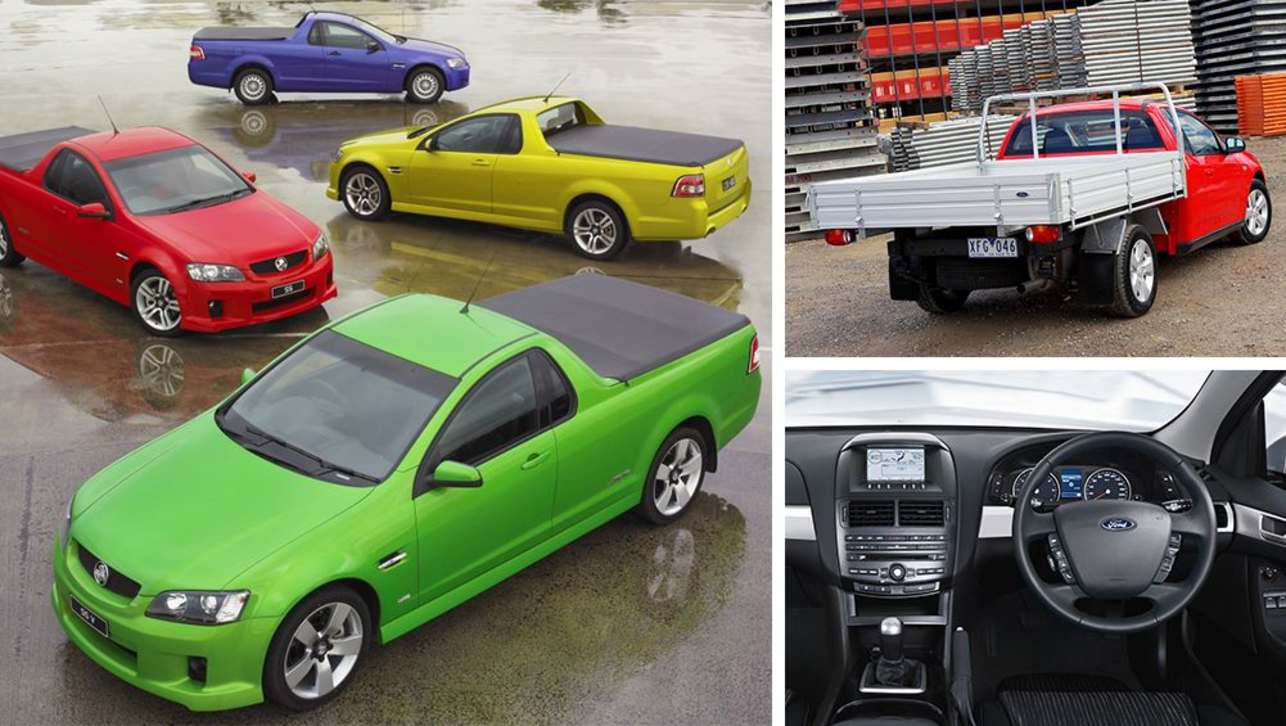
.jpg)
_0.jpg)
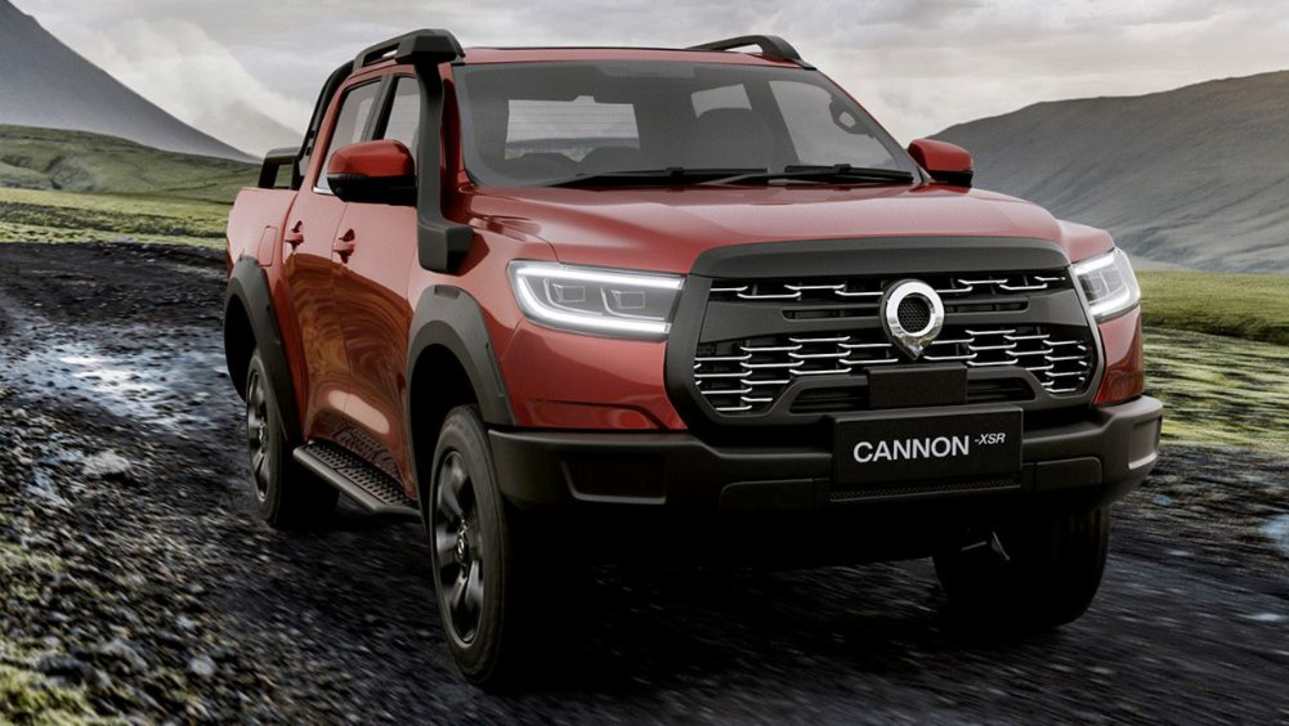
.jpg)


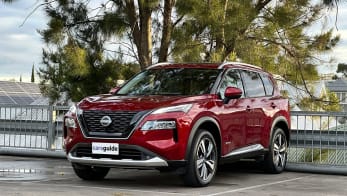

Comments